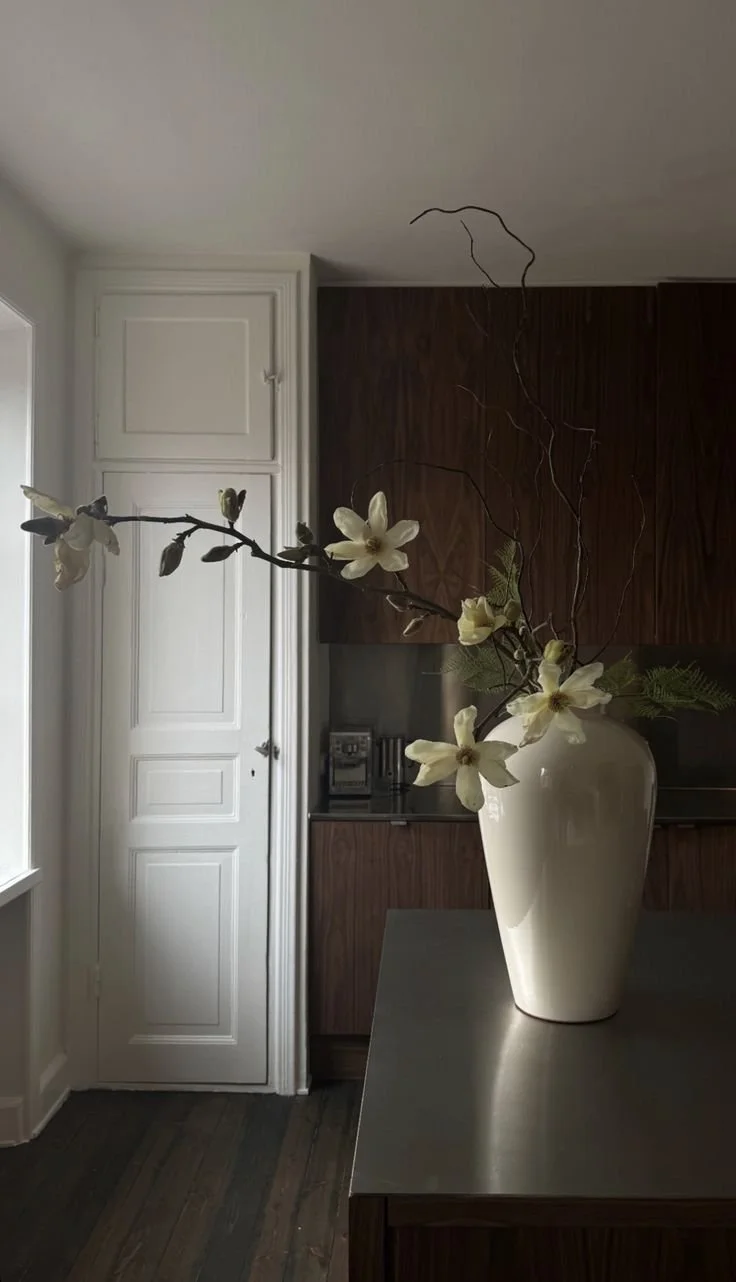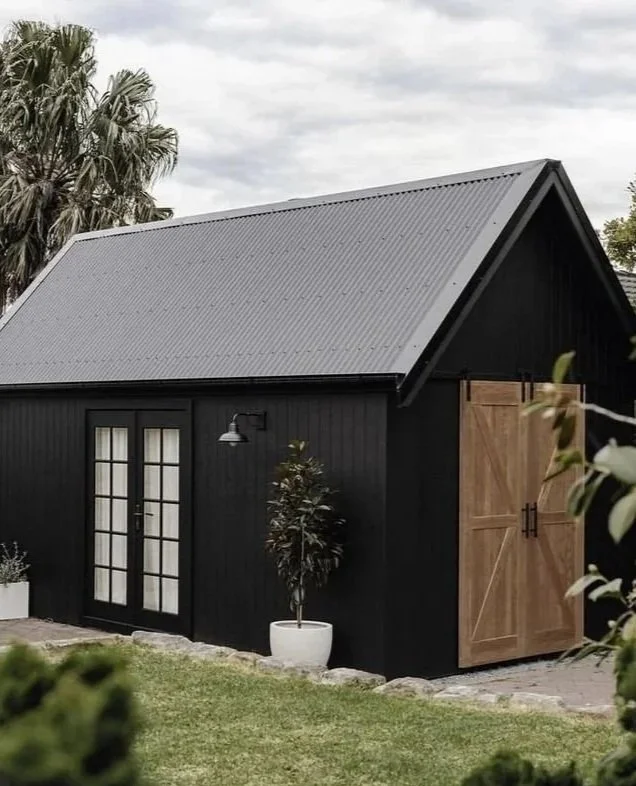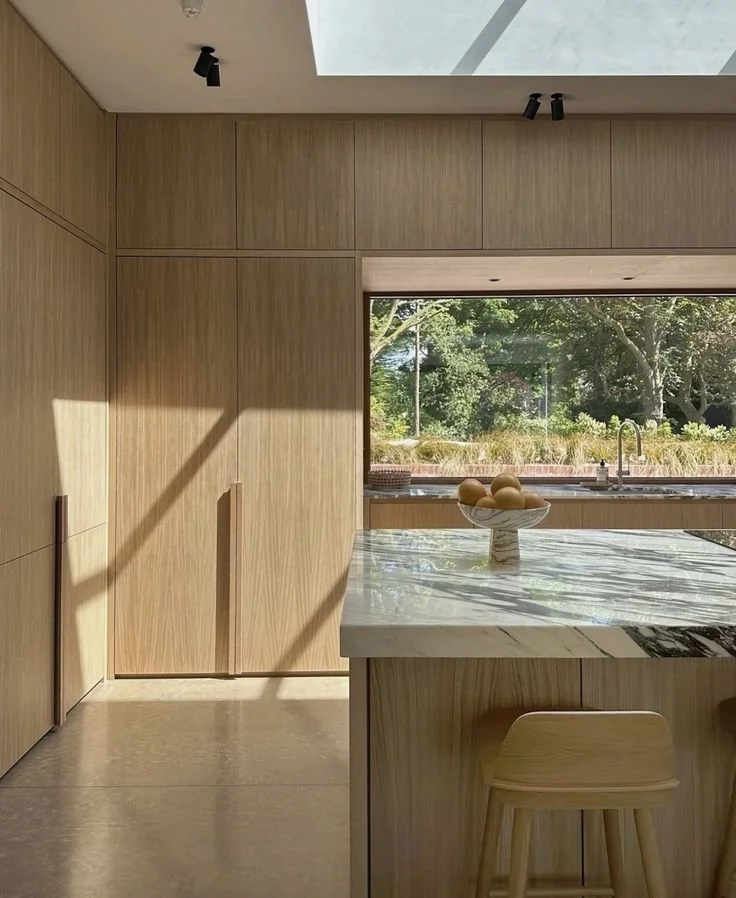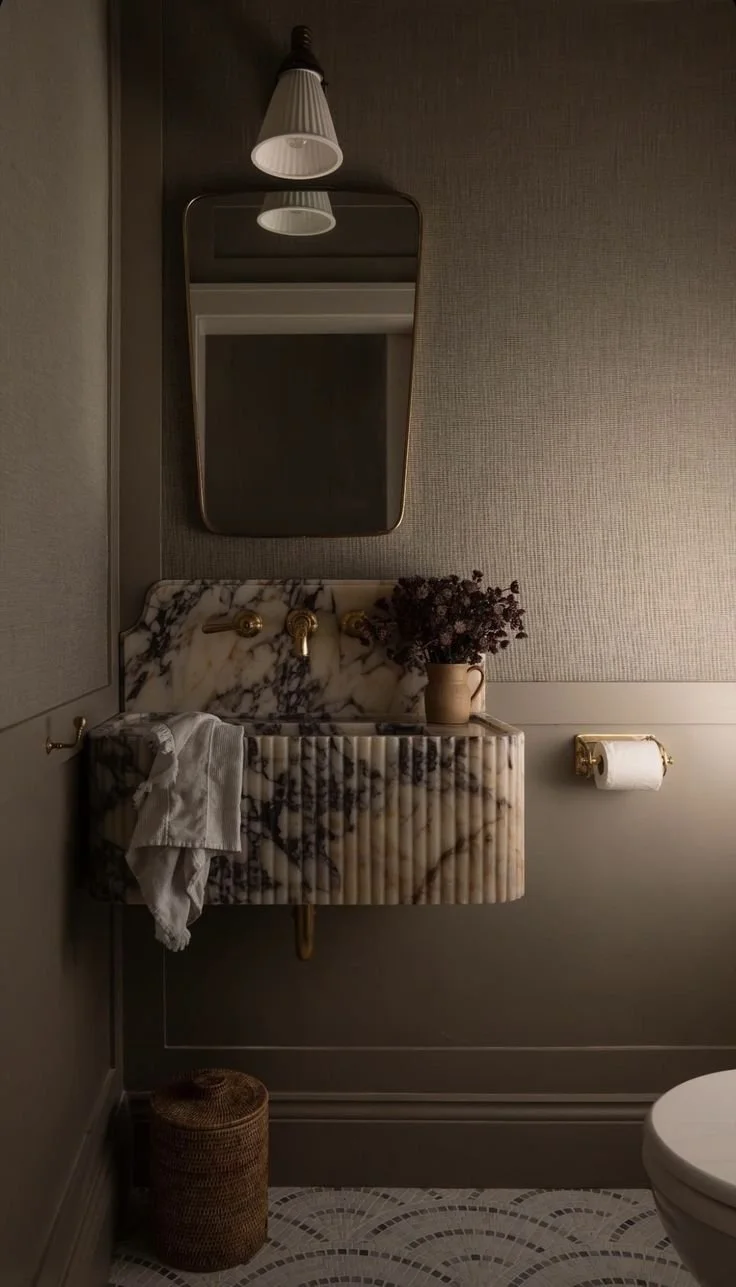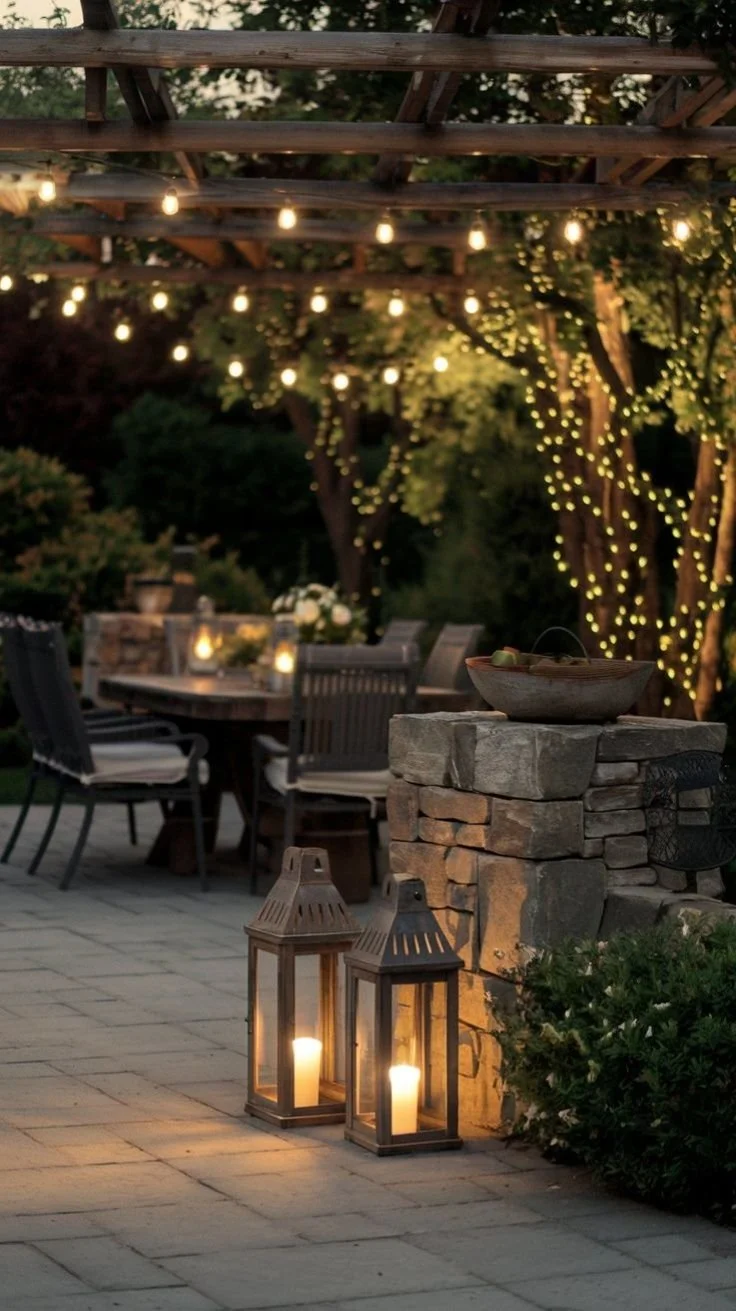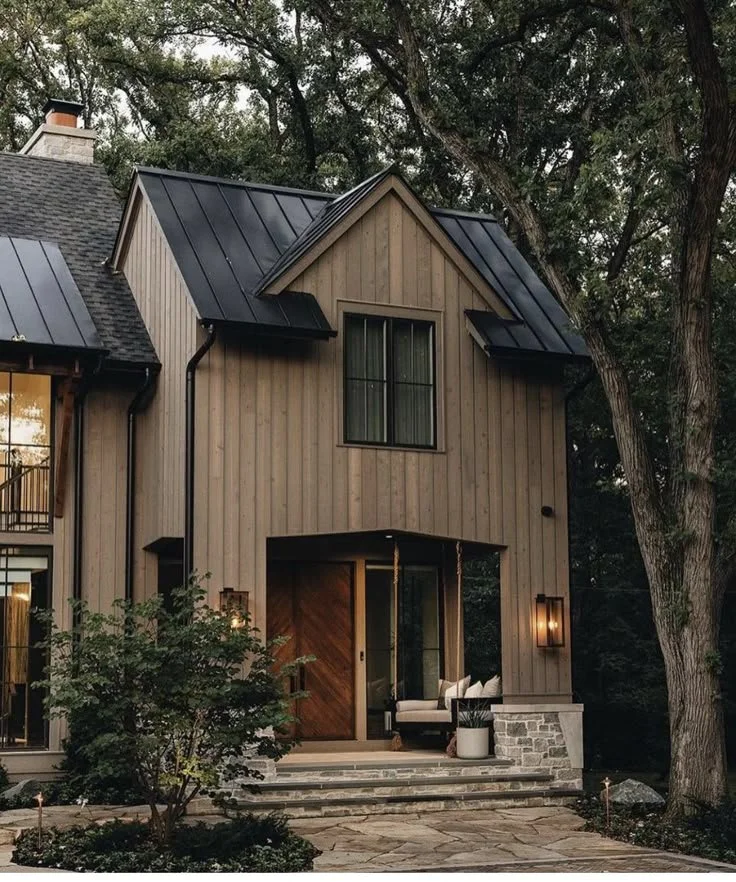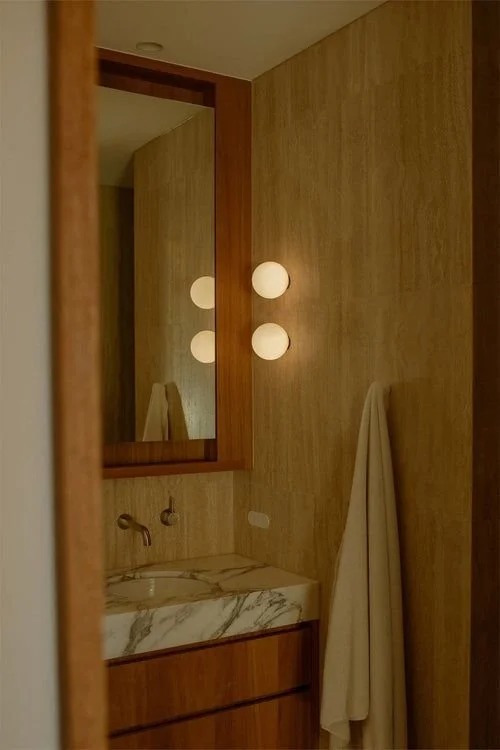5 Electrical Maintenance Tips For Cold Weather
As winter approaches and temperatures begin to plummet, the performance and reliability of your home’s electrical system can be put to the test. Cold weather introduces unique challenges that can cause electrical components to fail due to thermal stress, moisture exposure, and increased energy demands.
Whether you're a homeowner, tenant, or landlord, taking proactive steps to maintain your electrical system during the colder months is essential for comfort, safety, and efficiency. In this article, we’ll explore five essential electrical maintenance tips for winter, explain how cold weather affects electrical current, and offer practical advice for ensuring your home remains safe and functional throughout the season.
Maintenance Tips for Cold Weather
What are the five most important things to consider to ensure your home’s electrical system doesn’t let you down this winter?
Here’s what we recommend:
No. 1
Inspect and Maintain Heating Systems
Heating systems should be thoroughly serviced and maintained before the cold sets in. Start by inspecting and cleaning furnace filters each season. Clean filters not only improve air quality but also enhance the efficiency of your heating system.
Don’t overlook heating cables and electric baseboard heaters. Over time, these components can become worn, damaged, or even hazardous. If you notice any signs of malfunction, address them immediately to avoid further issues.
It’s also wise to schedule regular professional maintenance. Partnering with a proactive rental property manager in Atlanta can help you connect with reliable contractors for seasonal inspections and ensure your property is winter-ready.
No. 2
Check Electrical Outlets and Wiring
Cold weather can exacerbate existing issues with electrical outlets and wiring. Carefully inspect all sockets for signs of damage, discoloration, or strain. Pay special attention to outdoor outlets, which are more susceptible to moisture and corrosion.
Ensure that all outdoor electrical installations are properly sealed and protected against the elements. Even a single frayed or exposed wire can pose a fire risk, so replace any damaged wiring immediately.
If the damage is extensive, consider upgrading your home’s electrical system—not only for safety but also to enhance property value and energy efficiency.
No. 3
Be Prepared for Power Outages
Winter storms often bring power outages, so it’s important to be prepared. Investing in a generator or backup power source can provide essential heat and electricity during emergencies.
Additionally, ensure that smoke detectors and carbon monoxide alarms are equipped with fresh batteries and functioning properly. These devices are crucial when using alternative heating sources.
Create an emergency kit that includes:
Flashlights and spare batteries
Warm blankets and extra bedding
Easy-to-open food packs and bottled water
A first-aid kit
Portable phone chargers
Being prepared ensures safety and comfort during unexpected outages.
Hilu
Ensure you and your loved ones enjoy a deeper, more restful sleep with the only blanket that actively adapts to keep your temperature perfect
No. 4
Protect Against Electrical Surges
Electrical surges are more common in winter due to fluctuating power demands and weather-related disruptions. Protect your home by using surge protectors for all major appliances and electronic devices.
Also, check your home’s electrical grounding. Proper grounding stabilizes voltage and helps prevent damage from power spikes. For comprehensive protection, consider installing a whole-house surge protector. This device safeguards your entire electrical system from sudden surges, offering peace of mind during the stormy season.
No. 5
Schedule Regular Professional Inspections
Hiring a licensed electrician for regular inspections is one of the most effective ways to ensure your electrical system remains safe and operational during winter.
Plan ahead by identifying a trusted professional who can perform a thorough evaluation of your home’s electrical components, including:
Wiring and outlets
Heating systems
Switchgear and circuit breakers
A professional can also recommend necessary upgrades or repairs, helping you avoid costly emergencies. Routine inspections not only extend the lifespan of your electrical system but also enhance safety and reduce stress.
Does Cold Weather Affect Electrical Current?
Yes, cold weather can significantly affect electrical current and the performance of various systems. As temperatures drop, electrical devices may behave differently.
For instance, battery-operated devices often underperform in cold conditions. Additionally, condensation can form on sensitive components, leading to short circuits or corrosion.
Understanding these risks allows you to take preventive measures, such as storing devices in warmer areas and using protective casings for outdoor equipment.
Takeaways
Addressing electrical concerns to prevent your rental uninhabitable for tenants before winter fully sets in is crucial for maintaining a safe and comfortable home. Landlords should ensure that properties are properly maintained, while tenants should be educated on the safe use of electrical appliances, especially portable heaters.
Promptly reporting electrical faults helps prevent minor issues from escalating into major problems. By staying proactive and following these maintenance tips, property managers and residents alike can enjoy peace of mind and uninterrupted comfort throughout the cold season.
Whether you're preparing your own home or managing rental properties, these simple yet effective tips will help ensure your electrical system withstands the winter chill.
Looking for Home resources?
Looking to enhance your living space and create a sanctuary that supports your well-being? Explore our home partners who offer a wide range of resources to elevate your home environment.


